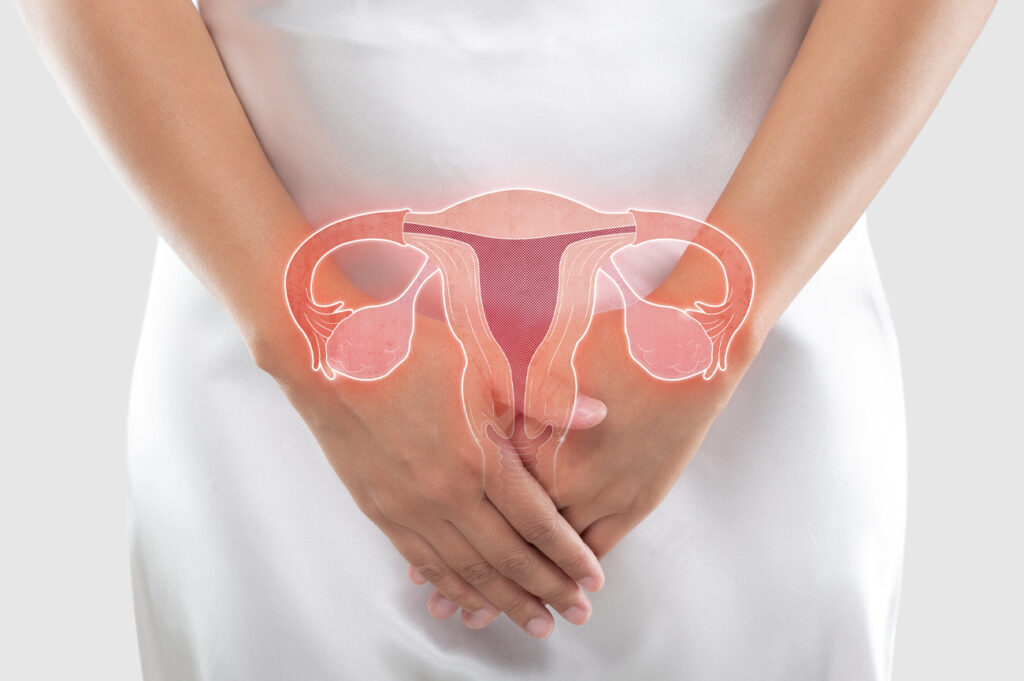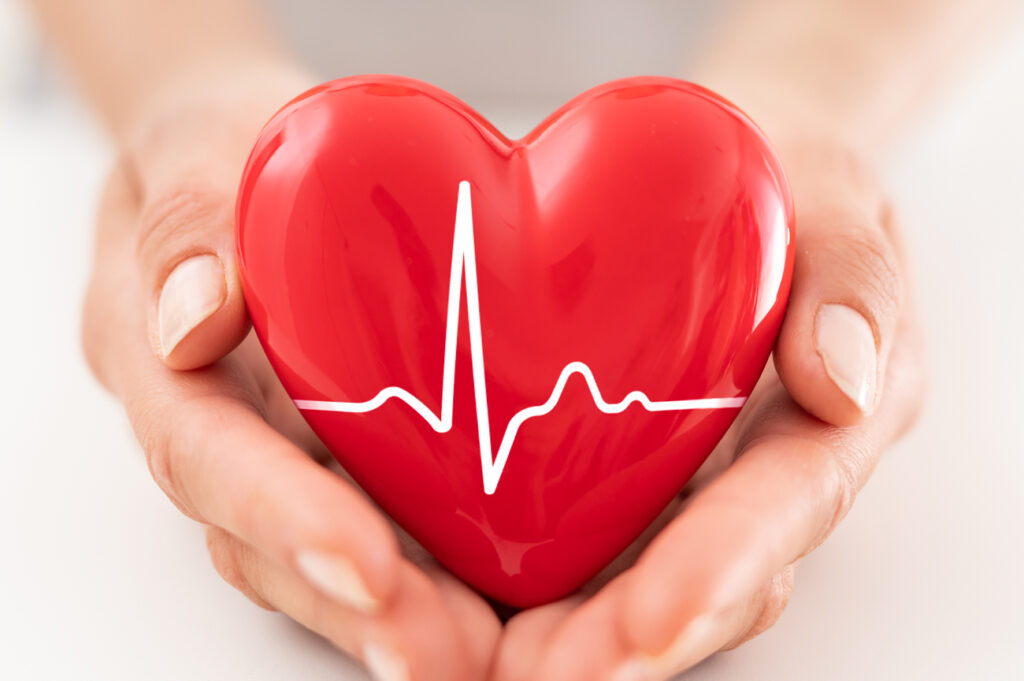
Endometriosis
What is Endometriosis?
Endometriosis is a disorder in which tissue similar to the tissue that normally lines the endometrium (the inside of your uterus) grows outside your uterus. Endometriosis most commonly involves your ovaries, fallopian tubes and the tissue lining your pelvis.
With endometriosis, tissue growing in these areas does not shed during a menstrual cycle like healthy endometrial tissue inside the uterus does. The buildup of abnormal tissue outside the uterus can lead to inflammation, scarring and painful cysts. Endometriosis affects up to 10% of women between the ages of 15 and 44.
Endometriosis can cause pain, sometimes severe, especially during menstrual periods. Fertility problems also may develop. It is often a life-long condition, so we often focus on managing the symptoms, the primary one being pelvic pain.

What are some symptoms of Endometriosis?
- Diarrhea or constipation during a menstrual period.
- Fatigue or low energy.
- Heavy or irregular periods.
- Pain with urination or bowel movements during a menstrual period.
- Spotting or bleeding between menstrual periods.
Not everyone’s experience with endometriosis is the same. Women with endometriosis may have all of these symptoms, some of these symptoms or none at all.

Can I Prevent Endometriosis?
There is no known cause of endometriosis or specific ways to prevent endometriosis. However, being aware of the symptoms and whether you could be at higher risk can help you know when to discuss it with your doctor.
How do you treat Endometriosis?
In many cases, your treatment plan will focus on managing your pain and improving fertility issues. This is often done through medications such as pain meds and hormone therapies. In some cases, surgery may be recommended to treat endometriosis.
Omega-3 fatty acids, taken as a supplement or eaten in oily fish, linseeds, flaxseed oil, hemp seeds and walnuts, are often recommended in endometriosis management as they are thought to reduce inflammation and help with chronic pain symptoms.
If you have any questions, please feel free to call us at the office at 631-321-1045 of send us an email.


